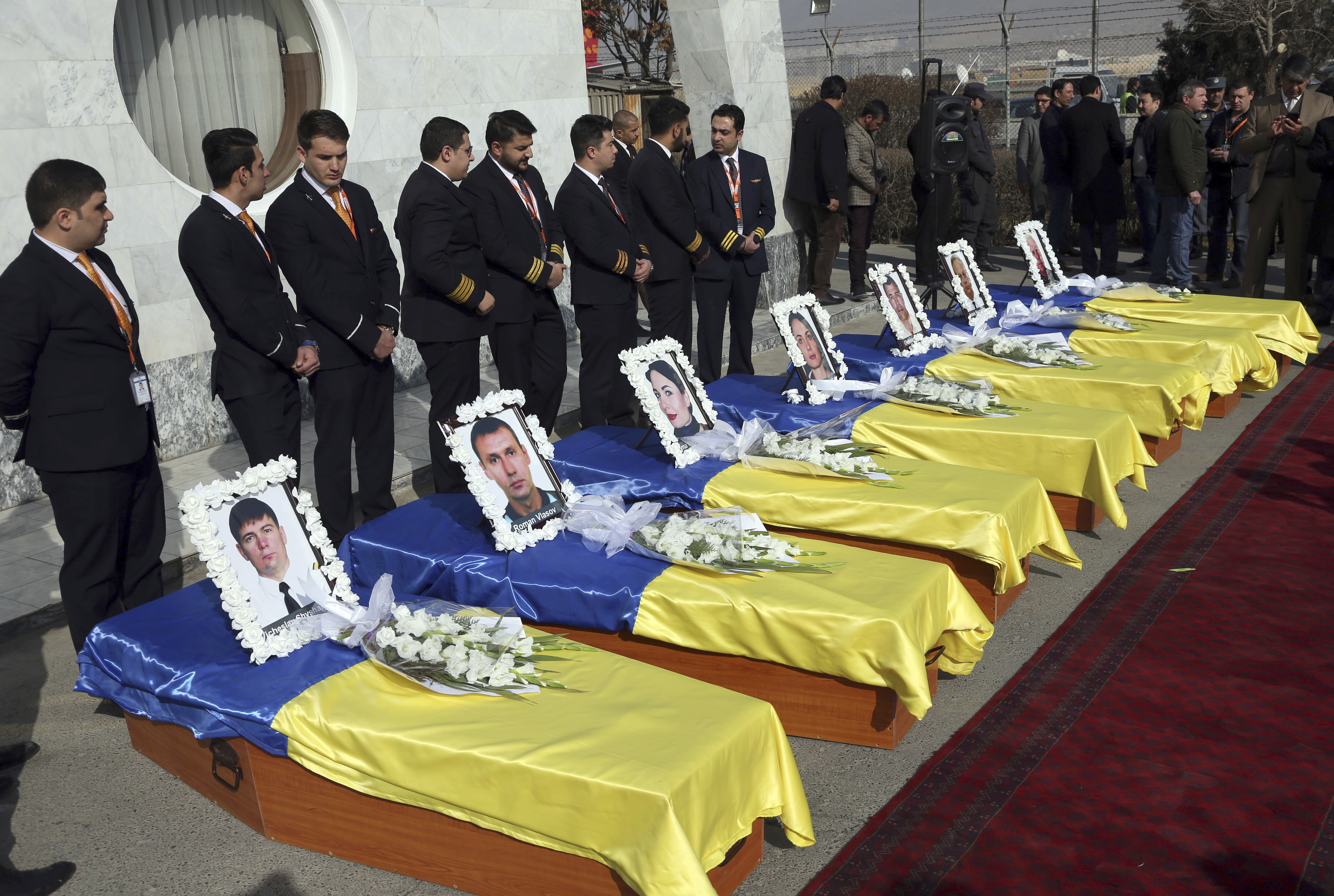The siege on the Intercontinental Hotel in Kabul lasted 13 hours, and since then the information flooding in has constantly been updating. The numbers of dead range from 22 to 30, of multiple nationalities. Now reports are saying that Americans are counted among the dead, however the state department has yet to release the names or number of those killed.
The BBC interviewed one man who was specifically asked by the attackers where the foreigners were; the attackers were allegedly wearing suicide vests. They were clearly seeking out and targeting foreigners, and the reported casualties so far reflect a wide variety of nationalities, including one German, one Greek, one Kazakh and several Ukrainians. The foreign nationals killed add up to 14 in total.
Over 160 people were rescued in the ensuing firefight as Afghani Special Forces stormed the hotel and subdued the militants, killing all six.
Here you can see hostages climbing down bed sheets to escape the hotel:
The Intercontinental Hotel is a known destination for foreigners. On June 28, 2011, the Taliban stormed the hotel and that siege lasted for approximately five hours. 21 people were killed in total, including the nine Taliban responsible. They too bore suicide vests.
The perpetrators from this most recent attack were from the Haqqani Network, according to the Afghani Ministry of Interior Affairs. The Haqqani Network is a close ally and partner with the Taliban, and many who have operated in Afghanistan — especially southeast Afghanistan near Pakistan — will be familiar with their presence in the area.
In May of 2017, a massive truck bomb exploded near the German Embassy in Kabul, killing over 150 people and injuring another 413. This made out to be the most fatal terrorist attack in Kabul, and it was determined that the Haqqani Network was responsible. In 2012, operatives from the same network coordinated an attack across several embassies, in Kabul and also in Logar and Paktia provinces. On September 12, 2011, it was determined that they were responsible for an attack on the U.S. Embassy in Kabul, as well as several nearby NATO bases.
Now much of the Haqqani Network operates out of Waziristan in Pakistan. While some sporadic Pakistani offensives have somewhat complimented U.S. pressure from Afghanistan, the Haqqani network remains operative but “fractured like the Taliban” as Lt. Gen. Joseph Anderson said in 2014. However, that does not mean they are not able to successfully coordinate attacks like we have recently seen on the Intercontinental Hotel in Kabul.

As information continues to emerge, SOFREP will keep you updated.
Featured image courtesy of the Associated Press; video courtesy of RT via YouTube.




























COMMENTS
There are on this article.
You must become a subscriber or login to view or post comments on this article.